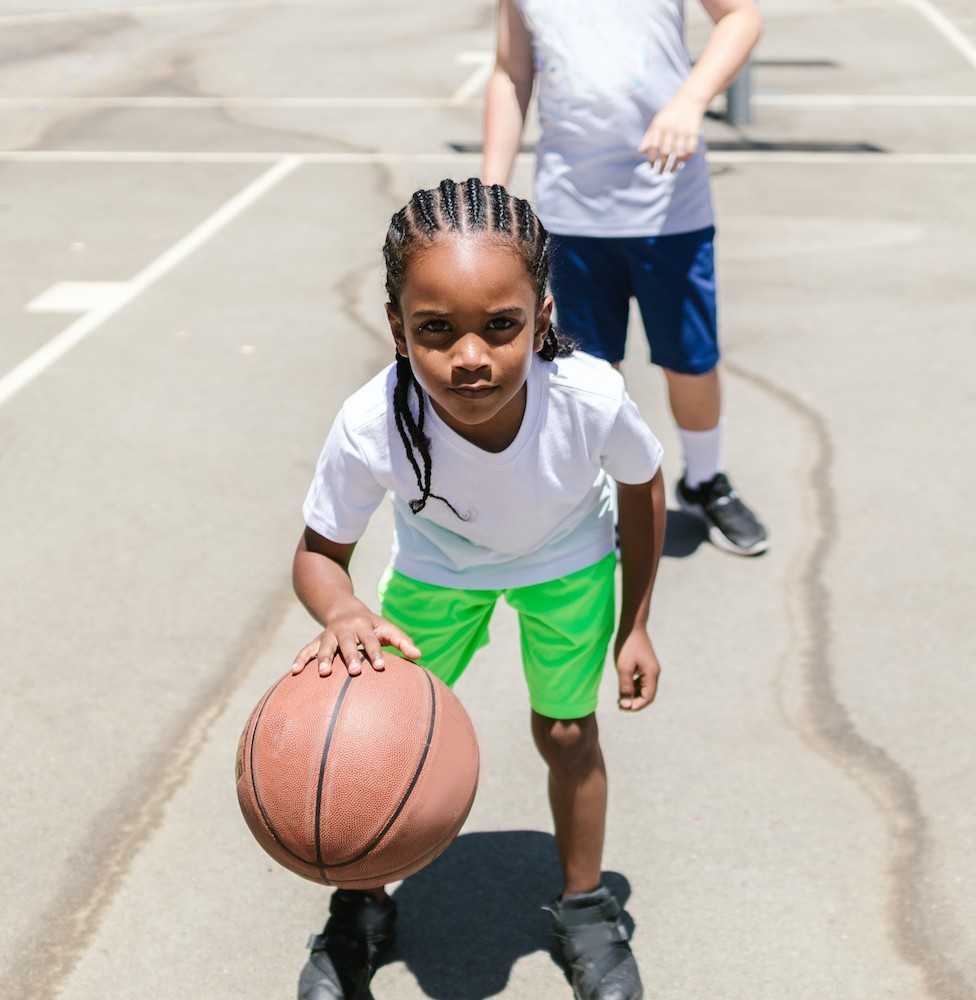It’s cute when young children are boastful, saying things like “I’m the fastest!”, “I did it best” or “Let’s race, I’m going to win!”.
And yeah, a little bit of a competitive streak is healthy. Being competitive in some areas of life can help children put in the hard work required to overcome some of life’s ever-present obstacles.
But when they turn brushing teeth into a competition with siblings? Or make every little thing a race they HAVE to win? Well, that’s just annoying.
When competitiveness becomes a problem
Competitiveness might not be a problem for you. If you’ve got a kid who thrives on sports, then it makes sense you’ll want to encourage competitiveness in the right ways.
Competitive behavior becomes problematic when your child starts turning everything into a competition, seeking to feel validated through simple acts like reaching the car before their sibling or having a meltdown anytime they lose at a board game.
Some signs your child is experiencing a negative impact from being too competitive include:
- They tend to be overly critical of themselves generally.
- They brag about themselves every chance they get.
- They tell little lies about their abilities and skills.
- They don’t think cheating to win is necessarily a bad thing.
- They mock and have little respect for their peers or competitors.
- They throw tantrums, talkback, or sulk when they do not win.
Why your child might be overly competitive
Once children start school, competitive tendencies might be amplified in a classroom environment, where ‘best’ behaviors generally receive more praise and privileges.
Some other common causes for why children become focused on competition include:
- Increased skills development: Your child is proud of their emerging skills and abilities and will enjoy showing them off, both to you and their friends.
- Learned behavior: Your child might have learned that being competitive and winning is the best way to get attention and recognition from you, or those around them.
- Low sense of self-worth: If your child has learned the only way to feel validated or receive attention is through being the ‘best’ or ‘winning’, it makes sense they’ll blanket normal activities with a sense of competition.
There are myriad reasons why, and as with many behaviors, your child’s age, development, personality, and lived experiences play a big role. Within the GritLife app, you’ll find tailored advice for this behavior based on specific age to help you better understand why it might be happening.
Congrats! You read the article. Now what?
There’s no magic pill that translates what you read here to real-life behavior change with your kids.
Change requires consistent coaching, mentoring, and actions. You might say it takes grit.
We’re GritLife. And we’ve compiled everything you need for REAL change.
Come get it:




